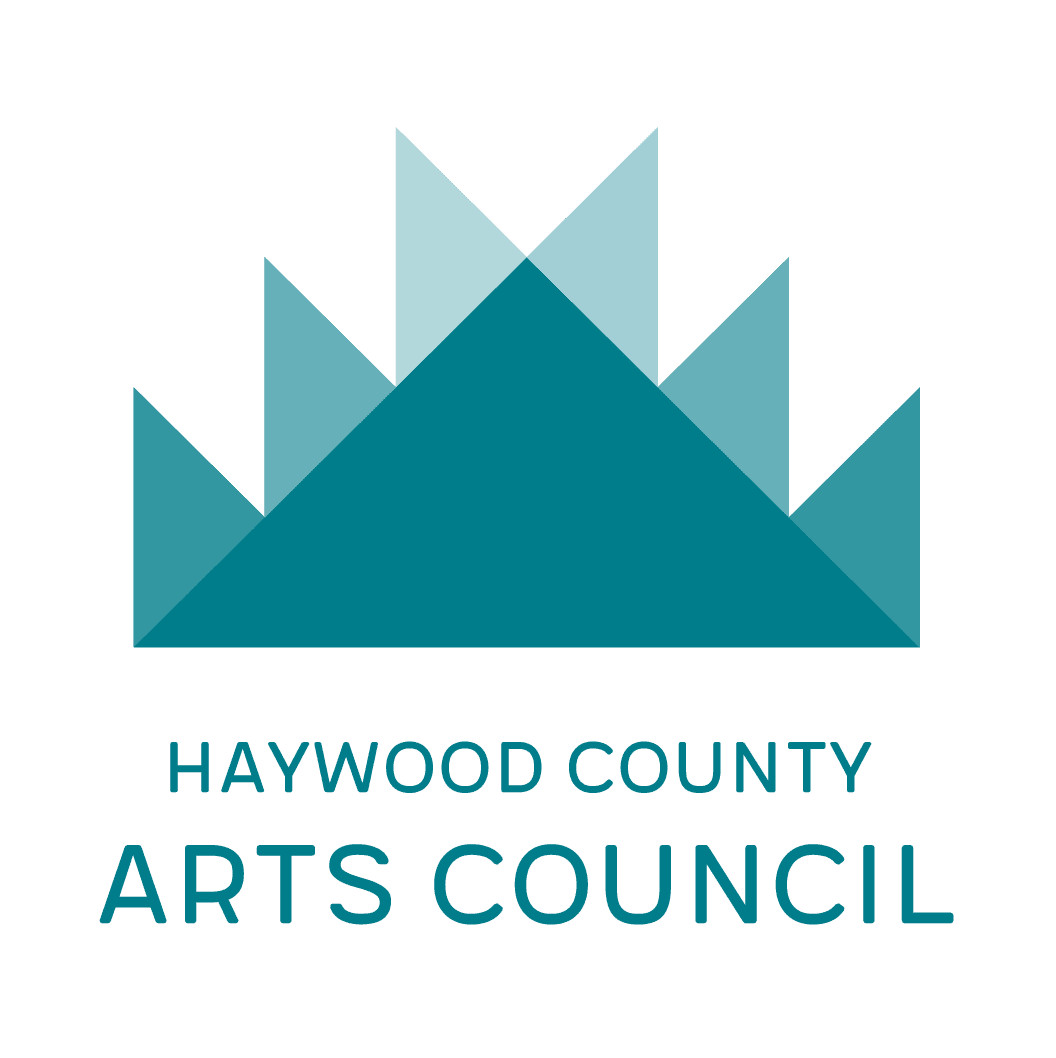The Mountaineer
March 19, 2025
In the first of eight statewide listen and learn sessions, N.C. Superintendent of Public Instruction Maurice “Mo” Green spent two hours hearing the views of Western North Carolinians, from their praise of the early college and arts programs to their concerns about teacher retention and pay.
About 200 from across the region signed up for the “Mo Wants to Know” session held at Tuscola High School Monday, March 17. Most in the audience were educators, but there were plenty of others drawn to the event by a deep interest in public education.
Only two of the nine Haywood County Board of Education members — Chairman Chuck Francis and Larry Henson — were present to hear ideas from the public on how education could be improved.
“Thank goodness I did that in Guilford County schools,” he said. “I thought I knew what I wanted to do.”
It was the listening sessions where people began sharing stories about children not understanding the roles they can play in our society and how they can be of service to their communities that led to developing a character education program in the school system.
In his quest to build the very best public education system in the nation, Green said it will take the effort of everyone — something especially challenging in a state where funding is $5,000 per pupil below the national average.
Green made only brief remarks during the evening, preferring to reserve most of the time for hearing from the audience. He outlined four broad areas where he’d be soliciting ideas — what’s going well with public education, challenges and potential solutions, “big ideas” to transform the state’s education system and actions needed to make them happen.
It turned out there was no shortage of people willing to speak out.
Celebrate the good, consider challenges
When it came to the positives in the public schools, audience members cited the early college program, the arts programs in the school, pre-K and kindergarten programs, career and technical education opportunities and the exceptional children programs, to name a few.
Rhonda Schandeval spoke of the wonderful experience her son, an intellectually disabled student who is now 37, received in the Haywood County schools, while Dr. Kristen Hammett made gave a shout out to the academic and intellectually gifted programs.
“These are also exceptional kids, too, but tend to run under the radar and can become depressed because they are not challenged, Hammett said.
Tonya Harwood, director of the Haywood County Arts Council, said she was impressed with what’s coming out of the Haywood County schools and said it is something that should be continued and expanded.
Facing the challenges
When it came to challenges, audience comments included being better prepared for natural disasters, recruiting teachers, low salaries, the need for more mental health resources, and additional resources so science labs can be possible.
Henderson County Board of Education member Sheila Dale spoke of a new mentorship program the school district is using to reduce absenteeism, aiming to boost graduation percentages.
At risk students are paired with a mentor and the effort has turned into a win-win for both, she said.
“A lot of children are without a whole lot of support,” Dale said, as she spoke of a mentor who told a student how proud she was of an accomplishment.
“No one has ever said that to me,” the student responded.
“We need to see upper class (older) students come to the elementary school every couple of months,” Dale continued. “There is a lot we can do within the system to restructure.”
Jesse Ross, a product of the local education system, suggested becoming more politically active, regardless of party affiliation, as a solution.
“People in this group can get together, talk with one another, come up with a plan to get in touch with folks in Raleigh,” he said. “We have been through a lot — Helene, the mill closure, a flood three years earlier. I think this is a chance for folks to use greater political leverage to get attention. I don’t want folks to miss that opportunity to feel empowered.”
Big ideas
In challenging the group to share big ideas they had about education, Green asked them not consider obstacles such as limited resources or implementation.
“We constrain ourselves in coming up with the best and greatest ideas because we immediately say we can’t do it,” Green explained. ”This is an opportunity to say something you’ve been holding on to — what you wish we would do for North Carolina public schools.”
One person threw out the idea of providing free pre-K for students across the state. Another wondered if the way we are now teaching students is as applicable now as it was a century ago, and another suggested greater transparency between schools, parents and the community.
Outdoor classrooms, paying educators a salary that will entice them to stay in the profession, and increasing volunteerism all were suggested for consideration.
Jessica Cline, a sixth-grade teacher in Jackson County, drew applause when she suggested a return to play-based learning.
“If we want to get kids invested in school, we need to meet them where they are and challenge them,” she said. “If we want them to think, we have to not put them in front of computers.”
Another round of applause followed the suggestion to rethink how accountability and student progress is evaluated.
Those who didn’t get a chance to weigh in on the four areas where comments are being accepted can do so on the N.C. Department of Public Instructions website. Click on the “Mo Wants To Know” link.

